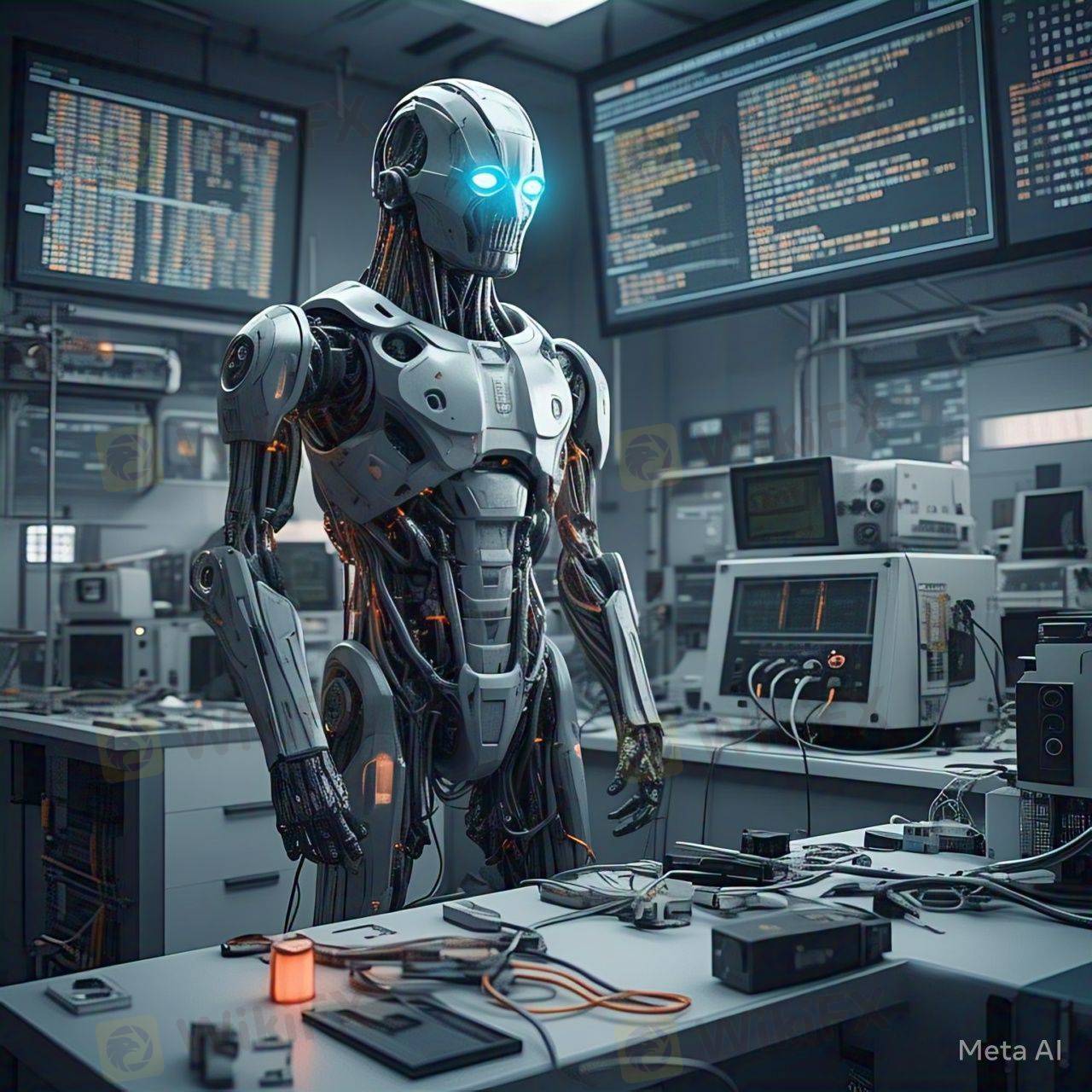
2025-02-17 19:04
IndustriaThe Economics of Artificial Intelligence (AI) is a
#firstdealofthenewyearastylz
The Economics of Artificial Intelligence
The Economics of Artificial Intelligence (AI) is a rapidly growing field that explores the impact of AI on economies, businesses, and societies. Here are some key aspects:
Benefits of AI
1. *Increased Productivity*: AI automates tasks, freeing human labor for more creative and strategic work.
2. *Improved Decision-Making*: AI analyzes vast amounts of data, enabling better decision-making in fields like finance, healthcare, and marketing.
3. *Innovation and Growth*: AI drives innovation, creating new industries, products, and services.
Challenges of AI
1. *Job Displacement*: AI may automate jobs, potentially displacing workers, especially in sectors with repetitive or routine tasks.
2. *Income Inequality*: AI may exacerbate income inequality if its benefits accrue mainly to those already wealthy or skilled.
3. *Bias and Ethics*: AI systems can perpetuate biases and raise ethical concerns, such as privacy and accountability.
Economic Impact of AI
1. *GDP Growth*: AI is expected to contribute significantly to GDP growth in various countries.
2. *New Business Models*: AI enables new business models, such as subscription-based services and data-driven consulting.
3. *Changes in Employment*: AI may lead to changes in employment patterns, with a greater emphasis on skills like creativity, empathy, and critical thinking.
Policy and Regulatory Considerations
1. *Education and Training*: Governments may need to invest in education and training programs that prepare workers for an AI-driven economy.
2. *Regulation and Standards*: Policymakers may establish regulations and standards to ensure AI systems are transparent, accountable, and fair.
3. *Social Safety Nets*: Governments may need to strengthen social safety nets to support workers displaced by AI.
Would you like me to provide more information or resources on this topic?
Me gusta 0

Adekunle6511
Brokers
Contenido delicado
Industria
Trabajo de WikiFX
Industria
Trabajo a tiempo parcial
Industria
gana sin invertir solo por usar una app
Industria
Evento de subsidio en México
Industria
gana 100 dólares con un minimo de inversión de 4 dólares
Industria
Evento de subsidio de Colombia
Categoría del foro

Plataforma

Exposición

Agente

Contratación

EA

Industria

Mercado

Índice
The Economics of Artificial Intelligence (AI) is a
 Hong Kong | 2025-02-17 19:04
Hong Kong | 2025-02-17 19:04#firstdealofthenewyearastylz
The Economics of Artificial Intelligence
The Economics of Artificial Intelligence (AI) is a rapidly growing field that explores the impact of AI on economies, businesses, and societies. Here are some key aspects:
Benefits of AI
1. *Increased Productivity*: AI automates tasks, freeing human labor for more creative and strategic work.
2. *Improved Decision-Making*: AI analyzes vast amounts of data, enabling better decision-making in fields like finance, healthcare, and marketing.
3. *Innovation and Growth*: AI drives innovation, creating new industries, products, and services.
Challenges of AI
1. *Job Displacement*: AI may automate jobs, potentially displacing workers, especially in sectors with repetitive or routine tasks.
2. *Income Inequality*: AI may exacerbate income inequality if its benefits accrue mainly to those already wealthy or skilled.
3. *Bias and Ethics*: AI systems can perpetuate biases and raise ethical concerns, such as privacy and accountability.
Economic Impact of AI
1. *GDP Growth*: AI is expected to contribute significantly to GDP growth in various countries.
2. *New Business Models*: AI enables new business models, such as subscription-based services and data-driven consulting.
3. *Changes in Employment*: AI may lead to changes in employment patterns, with a greater emphasis on skills like creativity, empathy, and critical thinking.
Policy and Regulatory Considerations
1. *Education and Training*: Governments may need to invest in education and training programs that prepare workers for an AI-driven economy.
2. *Regulation and Standards*: Policymakers may establish regulations and standards to ensure AI systems are transparent, accountable, and fair.
3. *Social Safety Nets*: Governments may need to strengthen social safety nets to support workers displaced by AI.
Would you like me to provide more information or resources on this topic?
Me gusta 0
Yo también quiero comentar.
Enviar
0Comentarios

No hay comentarios todavía. Haz el primero.

Enviar
No hay comentarios todavía. Haz el primero.